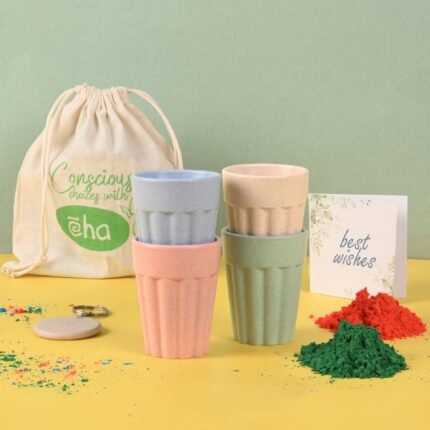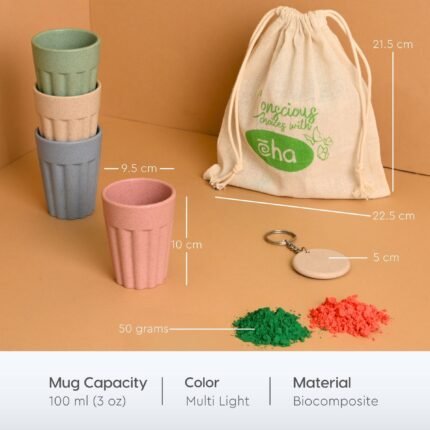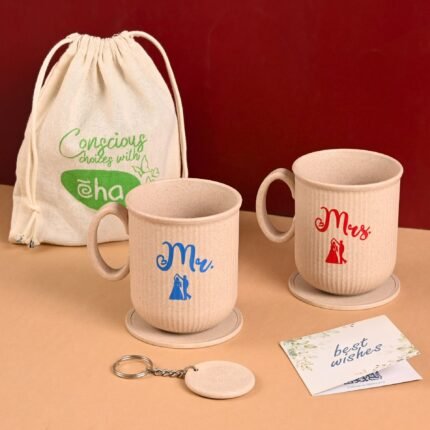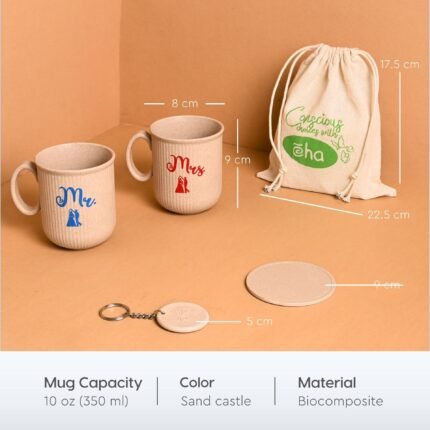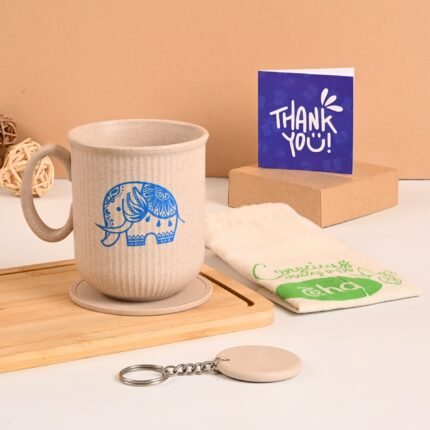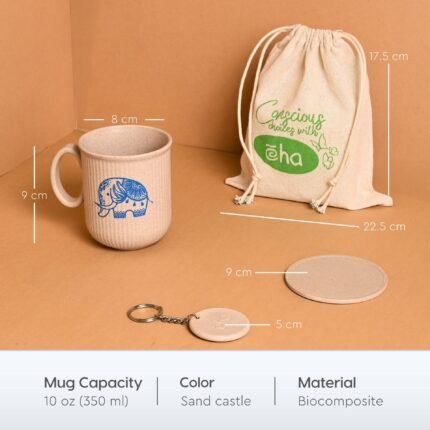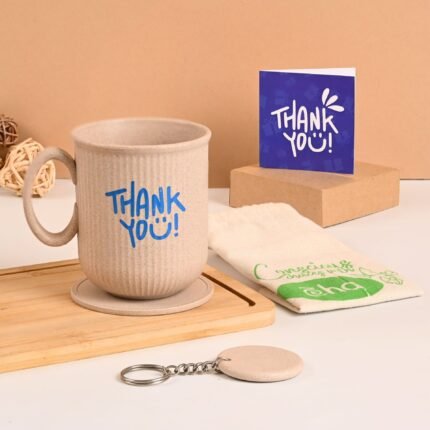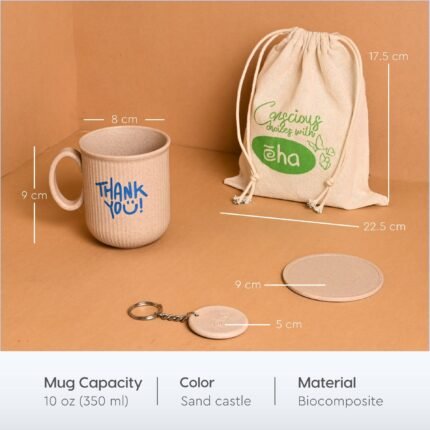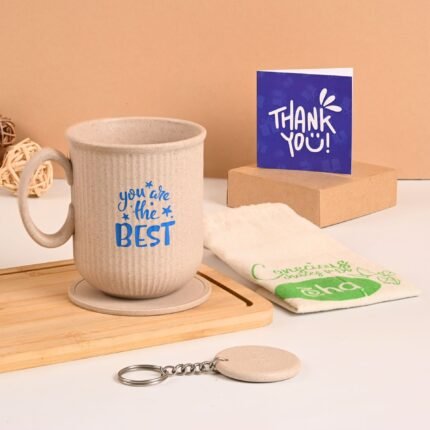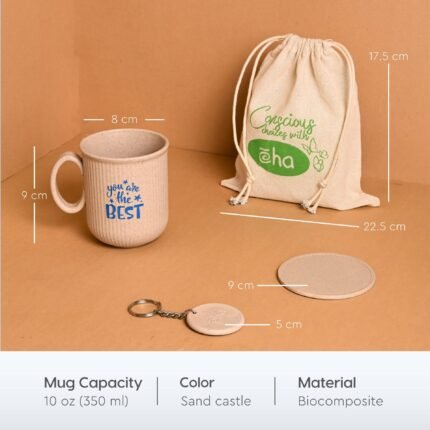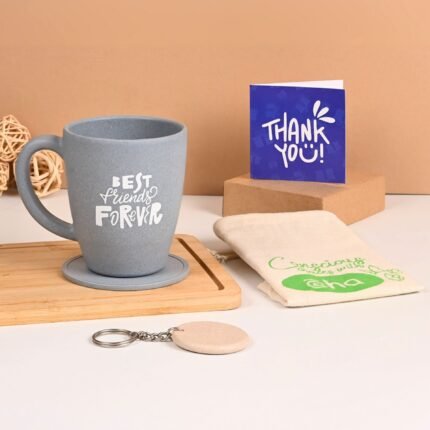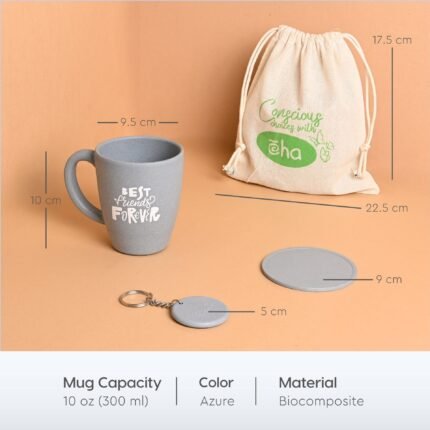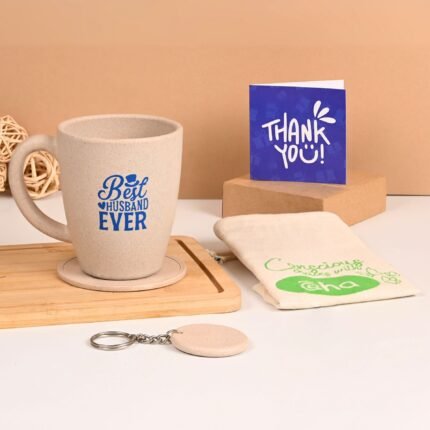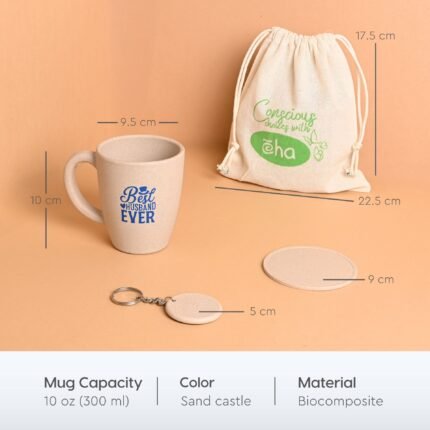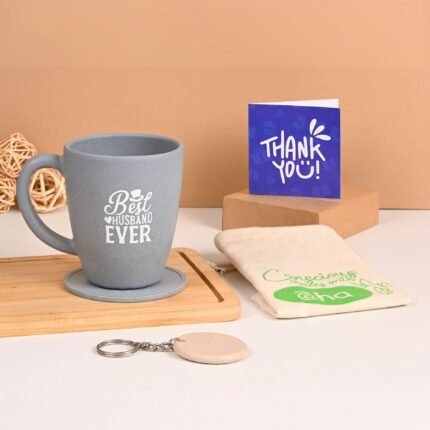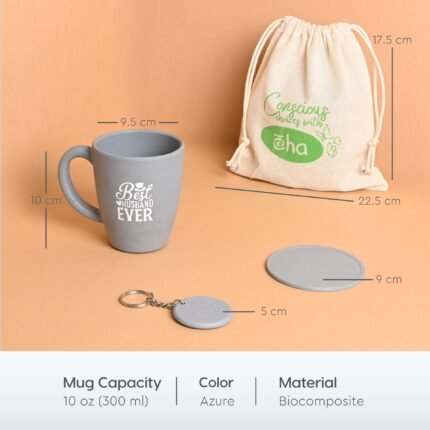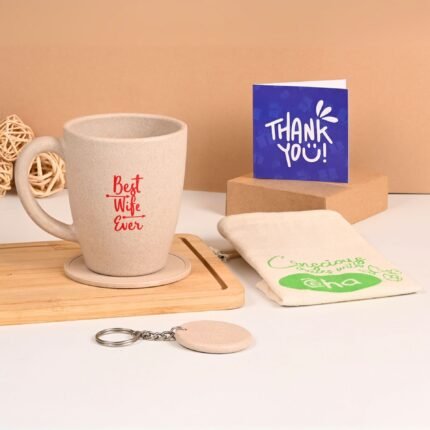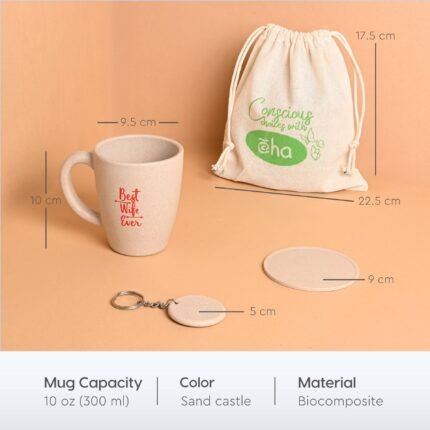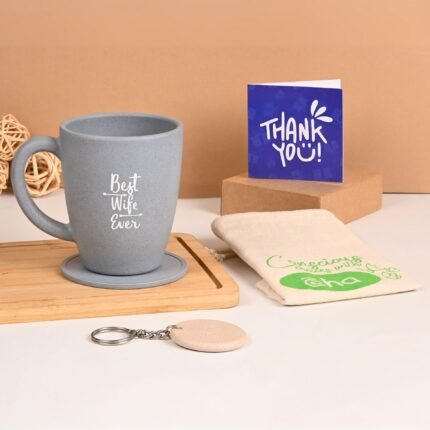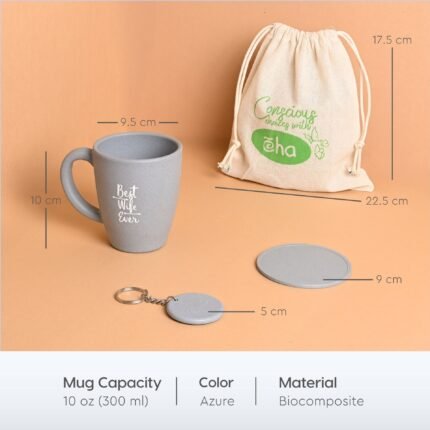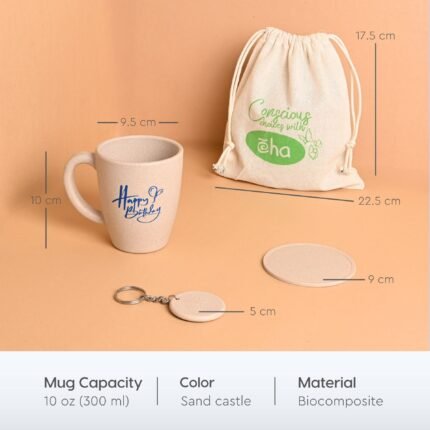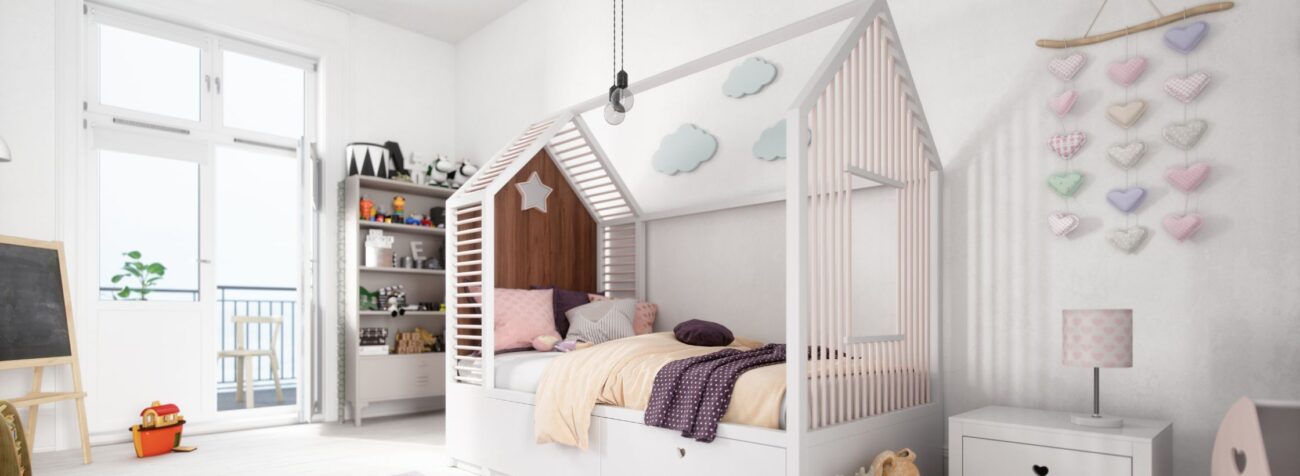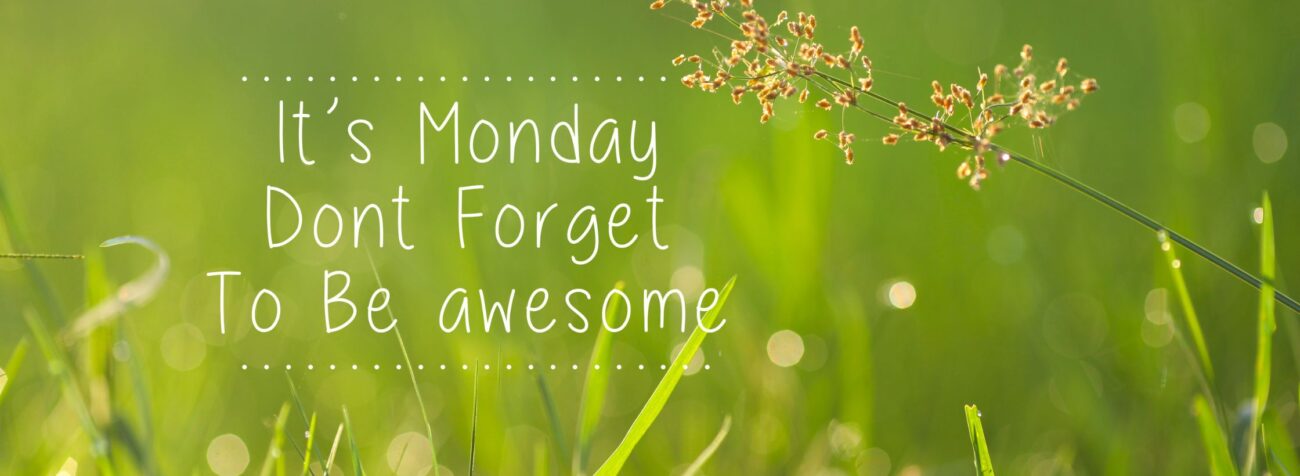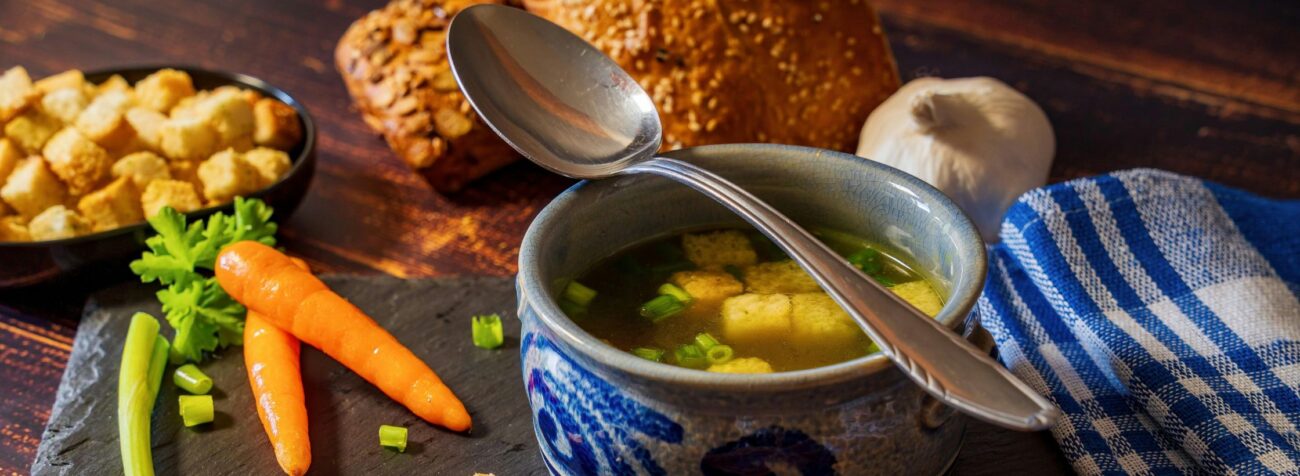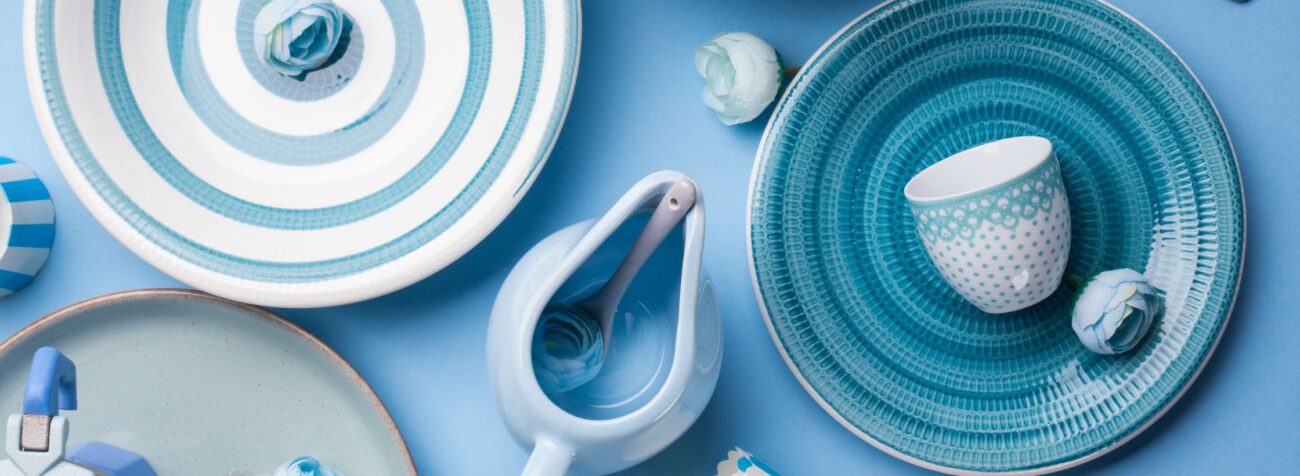Beyond Recycling: Real-World Sustainability Actions You Can Take
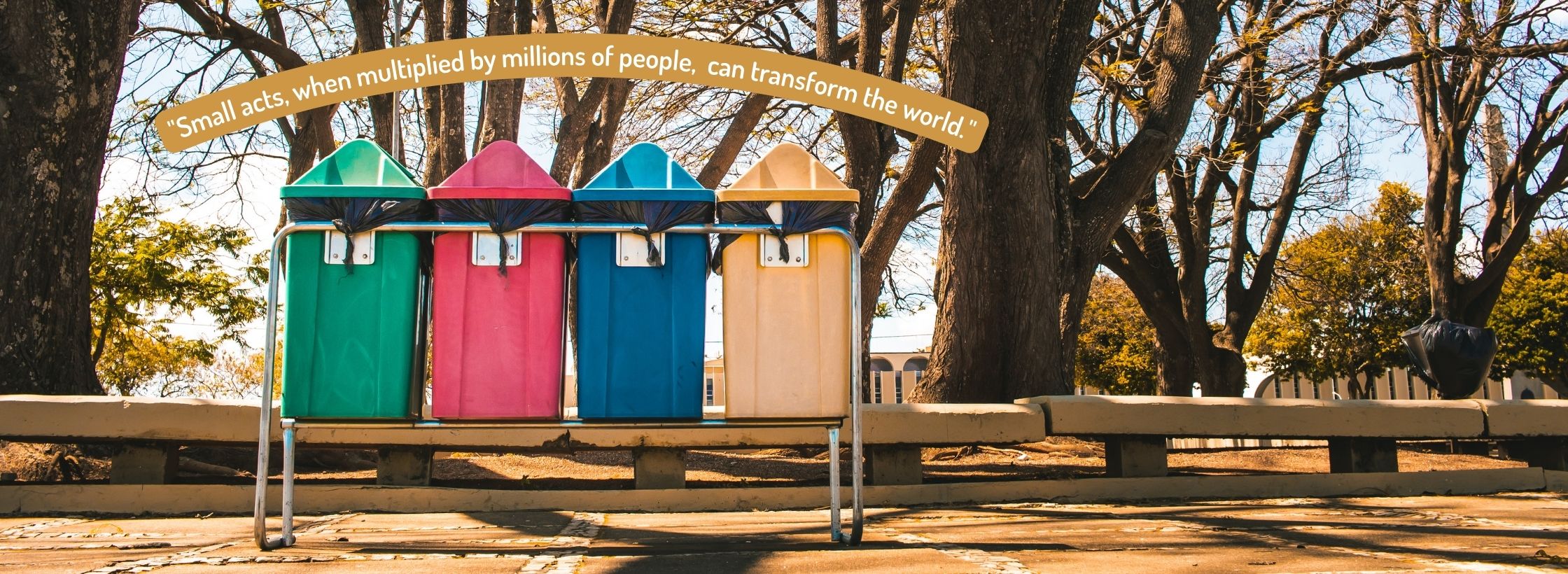
Beyond Recycling: Real-World Sustainability Actions You Can Take
Sustainability is about ensuring that we meet the needs of the present without compromising the ability of future generations to meet their own needs.
Ever felt like you’re doing your bit by sorting your plastics and paper, only to wonder if it’s truly enough? Do you ever look at the sheer volume of “stuff” around us and think, “There must be more to sustainability than just the blue bin?” It’s a common thought, and frankly, we get it. While recycling is definitely a good start, it’s just one piece of a much bigger puzzle. The truth is, building a truly sustainable lifestyle, one that supports real sustainability development, goes way beyond simply tossing things into the right bin.
We often hear about “eco-friendly” this and “green” that, and it can feel a bit overwhelming, like you need a degree in environmental science just to make smart choices. But that’s not how we see it. For us, sustainability is about making thoughtful decisions every single day, choices that reduce our impact and foster a healthier planet. Think of it like this: if we’re sharing a cup of coffee (in a reusable mug, of course!), we’d tell you about the small shifts that genuinely make a difference.
Why Recycling Isn’t the Whole Story
Let’s be clear: we’re not knocking recycling. It’s a valuable process that diverts waste from landfills and reduces the need for new raw materials. But it’s also important to understand its limitations. Not everything is recyclable, and the recycling process itself requires energy and resources. The real magic happens when we tackle the “reduce” and “reuse” parts of the R’s before we even get to recycling. That’s where true sustainability development kicks in.
We’ve learned a lot over the years, sometimes by making mistakes, like buying something we thought was eco-friendly only to find out its journey to us was anything but. So, here are some actionable ways you can make a genuine impact, right from your home or office, focusing on durable products that stand the test of time.
Smart Choices for Your Home: Embracing a Sustainability Mindset
Your home is a fantastic starting point for embracing sustainability. Every item you bring in, and every item you eventually discard, has an environmental story.
Tableware That Lasts Generations: Instead of opting for flimsy, mass-produced tableware that chips easily and needs constant replacing, consider investing in high-quality pieces made from durable, natural materials. Think about beautiful ceramic sets from local artisans or elegant wooden serving platters crafted from sustainably harvested timber. These pieces aren’t just functional; they become heirlooms, reducing the cycle of consumption and waste. We’ve seen firsthand how a family can cherish a set of stoneware bowls for decades, making it a true testament to responsible consumerism and sustainability.
Storage Solutions: Rethink, Reuse, Reduce Waste: How much single-use plastic do we go through just for storage? It’s mind-boggling! Instead, transition to reusable storage options. Glass containers with airtight lids, stainless steel tins, or even woven baskets made from natural fibers like jute or bamboo are fantastic alternatives. These choices actively contribute to a circular economy, keeping materials in use and out of landfills. Imagine your pantry, neatly organized with these durable solutions, drastically cutting down on plastic waste.
Pots & Planters: Growing Green, Sustainably: For those who love bringing greenery indoors, the choice of pots and planters matters. Beyond the common plastic options, explore planters made from recycled materials, like those clever ones made from upcycled tires or even innovative biomaterials like rice husk composites. Not only do these look great, but they also give a second life to materials that would otherwise be considered waste. This is a brilliant example of upcycle in action, turning potential trash into treasure.
Cups & Mugs: Your Daily Dose of Difference: This one is simple but powerful. Ditching disposable cups and mugs for reusable ones is a fundamental act of climate action. Whether it’s a sturdy ceramic mug for your morning coffee at home or a sleek stainless steel travel mug for your commute, every time you choose reusable, you’re preventing waste and conserving resources. This small habit, adopted by millions, has a massive impact on reducing carbon footprint from manufacturing and waste disposal.
Sustainability Development: Beyond Products, Towards Practices
It’s not just about what you buy, but how you use it and what broader practices you support.
Conscious Consumption and Waste Reduction
Repair, Don’t Replace: Before you throw something away, can it be fixed? Many durable products, especially those made from quality materials, are designed to be repaired. This extends their lifespan and embodies the true spirit of sustainability. We’re strong believers in giving things a second chance.
Support Local & Ethical: When you choose products from local artisans or companies committed to fair trade and ethical sourcing, you’re not just getting a unique item. You’re supporting communities, reducing transportation emissions, and often getting a product made with a higher degree of care and sustainability in mind. This is particularly relevant for handcrafted items.
Preventing Crop-Burning & Promoting Biomaterials: For example, when choosing certain furniture or decor, look into items that utilize agricultural waste, like rice straw or bagasse. By creating products from these materials, we’re contributing to preventing crop-burning, a significant environmental issue in many regions, including here in India. This highlights how our purchasing power can influence broader environmental challenges.
Building a Green Economy Together
Ultimately, every choice we make, from the tableware we use to the storage solutions we prefer, contributes to shaping the kind of economy we live in. By consciously opting for durable, ethically produced, and sustainably sourced items, we’re actively participating in the growth of a green economy. This isn’t just about reducing harm; it’s about creating a positive impact, fostering innovation, and building a more resilient future.
So, while recycling is good, let’s remember the bigger picture. Let’s ask ourselves: can I reduce first? Can I reuse? Can I choose something that’s built to last? These are the real-world sustainability actions that move the needle. We’re all on this journey together, and every thoughtful step counts. And honestly, sometimes we still forget our reusable bags at home, but the intention is always there, and that’s what truly matters.







